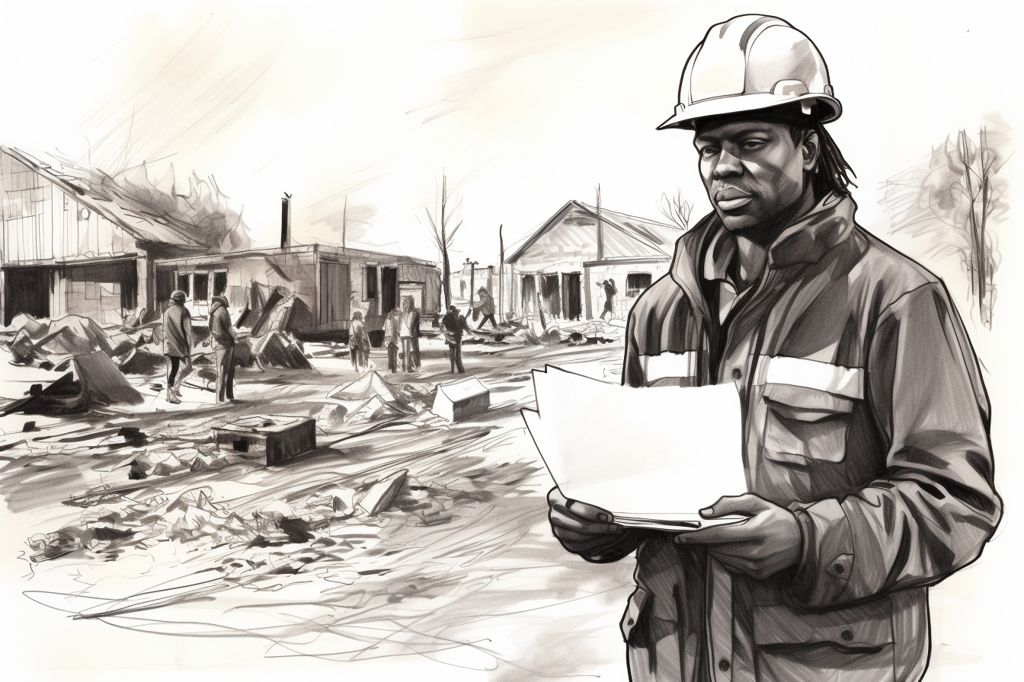The Presidential Imbizo is an event that provides an opportunity for the government and the public to engage in meaningful dialogue. This article focuses on the process of media accreditation and its importance in facilitating media coverage of such significant events.
Media Accreditation Collection
The accreditation process for the Presidential Imbizo takes place over four days at the uThukela Disaster Management Centre in Ladysmith. Journalists who have applied for access to the event can collect their necessary documents, including identification such as an ID, Passport, or Driving License, and a Press Card or letter confirming their assignment.
The accreditation process follows a live system, emphasizing the importance of security and authenticity of the event’s coverage. The Imbizo is scheduled to take place at Oqungwini Sport Field in Ladysmith, KwaZulu-Natal Province.
Site Visit for Journalists
To facilitate media coverage, the government arranges a site visit at Oqungwini Sport Field for journalists. This visit allows them to plan their coverage better and identify the best spots for reporting, photography, and videography.
By offering such support, the government encourages comprehensive coverage of the event, enabling the public to stay updated on the discussions and decisions made during the Imbizo.
Contact Points for Inquiries
Journalists with accreditation-related inquiries can contact Takalani Mukwevho and Mr. William Baloyi. Having dedicated personnel to address queries is essential in maintaining the accuracy and credibility of event coverage, especially in the era of social media.
Importance of Accreditation for Other Events
Apart from the Presidential Imbizo, the government hosts numerous other events, programs, and initiatives that require media accreditation and coverage. These events range from the State of the Nation Address, Budget speeches, and parliamentary Q&As, to services for residents, organizations, and foreign nationals.
By having a systematic and organized approach to media accreditation, the government promotes openness and public engagement in these crucial matters.
The Presidential Imbizo in Ladysmith, KwaZulu-Natal Province, provides a platform for dialogue between the government and the citizens. The attention to detail in organizing the media accreditation process, site visits, and accessibility to government representatives ensures comprehensive coverage and transparency.
By fostering public participation and creating an atmosphere of openness, the government aims to address pressing issues and work collectively towards the betterment of society.








